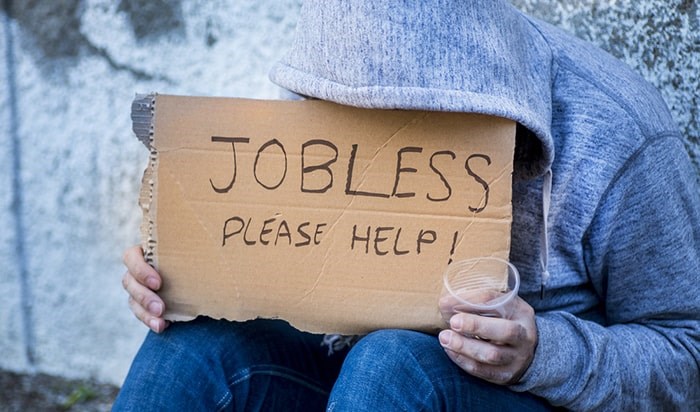A new research program aims to help find innovative ways to support people with mental health and addictions issues on the Downtown Eastside find and keep jobs.
 A new research program is looking at innovative approaches to support people with mental health and addictions issues in finding and keeping suitable jobs. Shutterstock
A new research program is looking at innovative approaches to support people with mental health and addictions issues in finding and keeping suitable jobs. Shutterstock
The Canadian Mental Health Association, Vancouver Coastal Health and the University of British Columbia have teamed up to conduct research to better understand the unique issues of the DTES and influence how care services are provided to at-risk people.
Shane Simpson, Minister of Social Development and Poverty Reduction, said at its heart, the research project is about helping people find and keep meaningful employment by meeting them where they are and providing them with wraparound supports.
“We know that when people get jobs where they feel valued, it improves their quality of life, provides a sense of purpose and enhances self-esteem and social belonging," he said in a press release.
Skye Barbic, lead scientist, UBC, said the vision is to have social and health services in a one-stop model of care.
“To date, little work has focused on the impact of employment as a health and social intervention,” Barbic explained.
“Our project aims to bring together systems that are traditionally difficult to navigate for people living in the Downtown Eastside.”
The project team is examining individual placement and support (IPS) and peer support to increase access to employment. Through IPS participants will receive supportive entry into the workforce based on their personal needs and employers will also be supported through any challenges.
Doctors, nurses, nurse practitioners and social workers at the Downtown Community Health Centre will refer patients to the program, which is housed just across the street. Of the 72 participants, half will receive this approach and half will receive treatment in the form of traditional employment supports.
Those in the program will be supported with wraparound services which include housing support, help getting identification, filing taxes, support with social relationships, money management, financial planning, debt consolidation and mental health and substance-use support.
“People with mental illness who choose to work deserve to have the support they need in order to be successful,” said Judy Darcy, Minister of Mental Health and Addictions.
“When people are working, they feel connected. We all understand that meaningful employment is important to people’s lives.”
The program was made possible by $364,235 in B.C. government funding.
It will run until February 2020.


